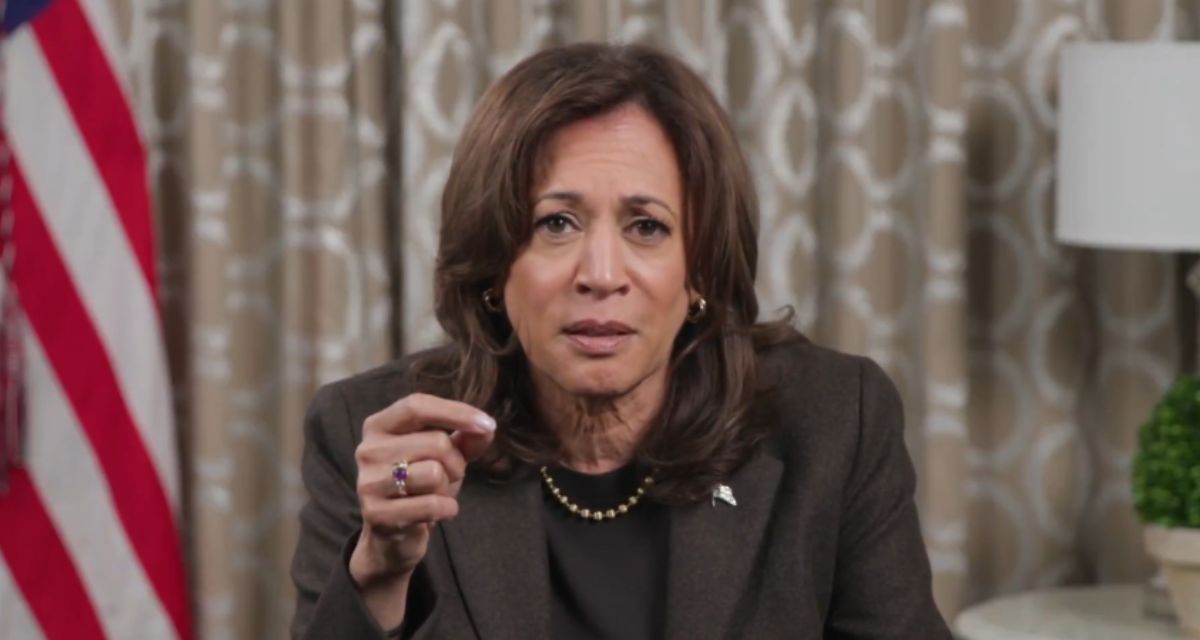North Carolina’s voter ID law was put to the test for the first time in a presidential election this year — even as it continues to be challenged in state and federal courts.
Groups opposed to the requirement have long argued (and some courts have agreed) that the voter ID law could disenfranchise voters and disproportionately impact minority groups.
Meanwhile, conservative groups have criticized the state’s voter ID law for being too lenient, as it allows voters to claim a number of exceptions to the requirement.
Preliminary data from the 2024 election gives some insight into the impact of the law.
What do the numbers show?
All voters who did not provide photo identification were subjected to an extra step in the vote-counting process. Their ballots were researched by bipartisan county boards of elections before being counted or rejected.
These voters had two options to make their vote count: fill out an ID exception form explaining why they couldn’t provide identification or come to their county board of elections office later and present a valid ID.
Nearly 7,000 voters cast ballots after being unable to provide an ID at the polls or with their mail-in ballot.
Of those, more than 2,000 were ultimately rejected.
In most cases, the rejected ballots likely came from voters who did not fill out an exception form and neglected to present an ID in person later.
Of the ballots rejected for ID reasons, roughly 42% came from registered Democrats. About 30% came from unaffiliated voters and 25% came from registered Republicans.
Over 5.7 million North Carolinians cast a ballot in this year’s election.
While the data shows how many ballots were thrown out for not complying with voter ID, there is no way to know how many potential voters did not attempt to vote because they did not have a voter ID.
In a federal trial challenging the requirement, an expert witness for the NAACP estimated that over 100,000 voters were deterred from voting due to the voter ID requirement in the 2016 primary election, when the law was briefly in effect.
Provisional ballots
The ballots from voters without ID are considered provisional ballots, which have to be verified after Election Day.
More than 65,000 provisional ballots were cast in the election by voters who lacked ID, showed up at the wrong polling place, or were questioned from some other reason. More than 60% of those were thrown out.
The most common reason North Carolinians had their provisional ballots rejected was that they were not actually registered to vote. This accounted for about 72% of all provisional ballots that were thrown out.
ID-related ballots, however, only accounted for about 5% of all rejections.
The voter ID requirement wasn’t the only change to North Carolina’s election law that led to some votes being thrown out.
In previous elections, absentee ballots postmarked by Election Day would still be counted if they arrived within three days after the election. Last year, state lawmakers eliminated that grace period and set Election Day as the deadline for all absentee ballots to be received.
County boards of elections haven’t fully completed this year’s historical record for absentee ballots yet, but preliminary data shows that at least 1,700 were rejected that would have been counted under the previous grace period.
What’s next for voter ID?
The state’s voter ID requirement has been challenged in court for years and continues to face legal challenges.
The state Supreme Court struck down the law in 2022, when it still had a Democratic majority, with Justice Anita Earls writing “even though the General Assembly had reason to know that African-American voters would be disproportionately affected by (the law), it still chose to pass a law that required the specific IDs African-American voters disproportionately lack.”
However, just a few months later, Republicans gained a majority on the high court after the 2022 midterms. The new court reversed that decision in April of 2023, allowing voter ID to go into effect.
While the state’s courts have upheld the requirement, a federal case remains in progress.
The NAACP sued over North Carolina’s voter ID law in 2018. After years of delays, the case finally went to trial in May of this year.
U.S. District Judge Loretta Biggs, who has temporarily blocked the law before, has not issued a ruling in the case.














